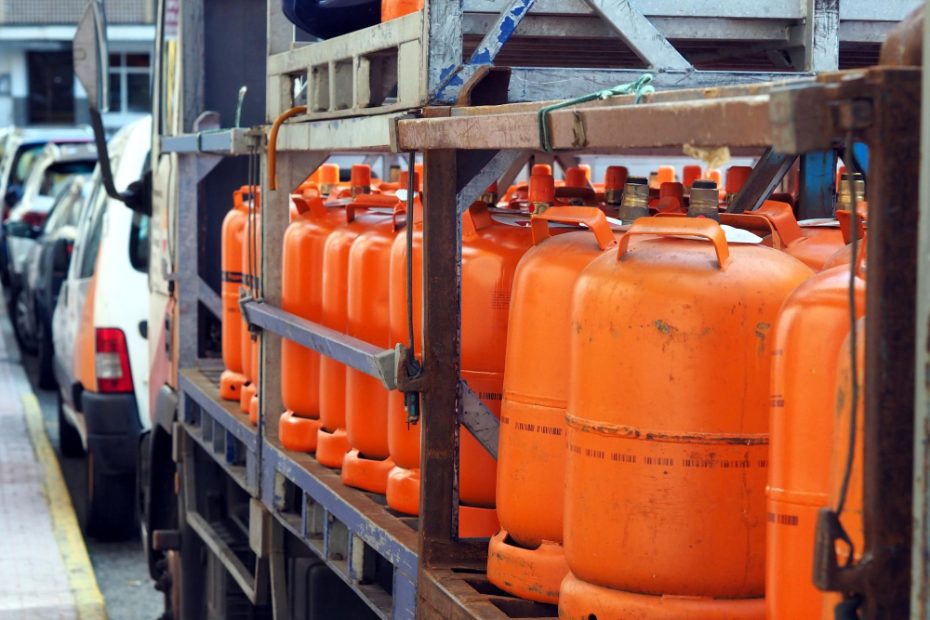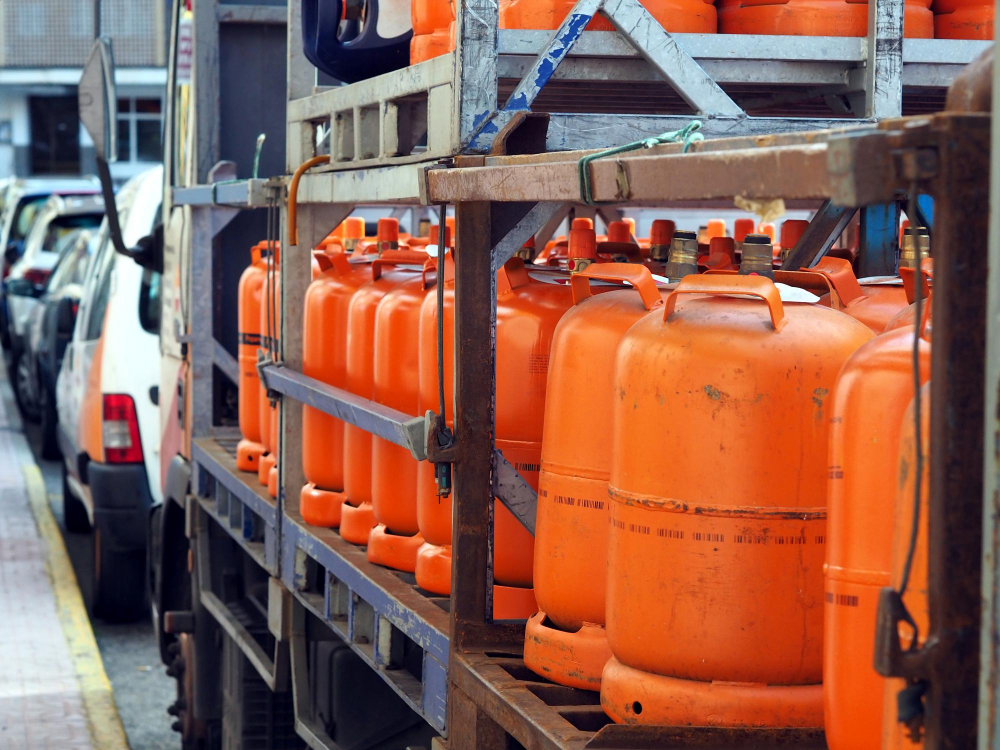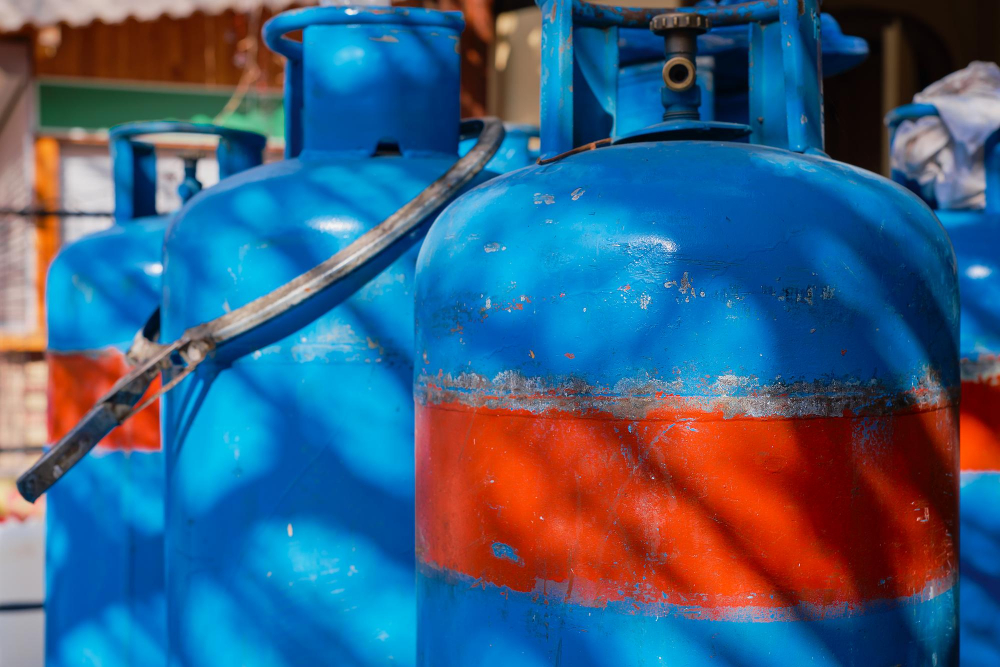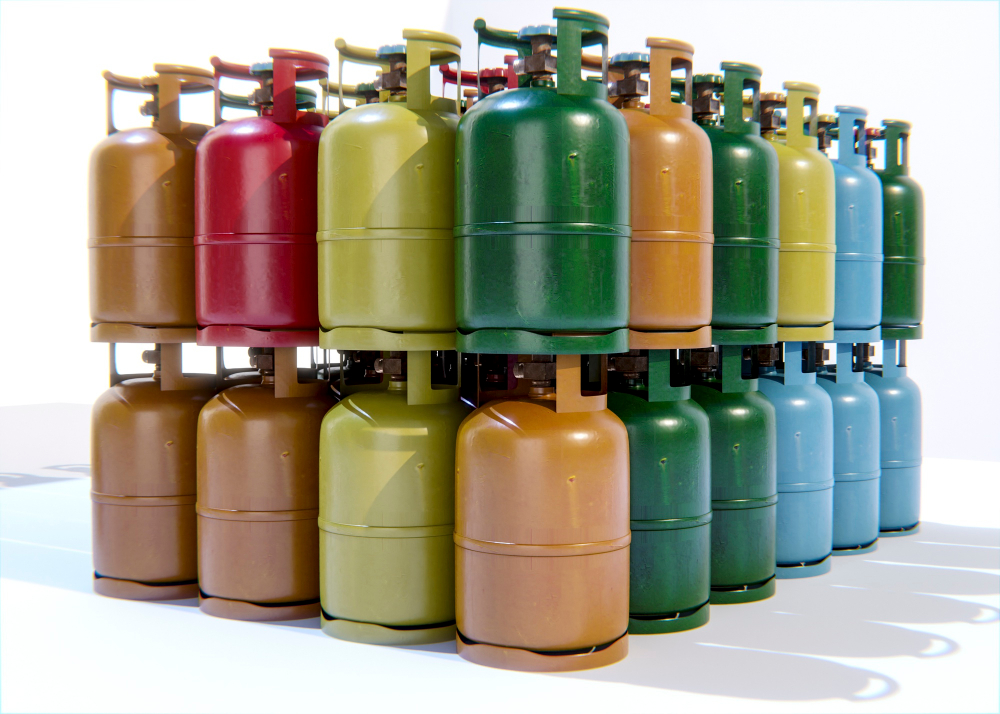Can butane fumes harm you?
Butane is a commonly used fuel in various industries and households, often found in lighters, camping stoves, and aerosol products. While it is generally considered safe when used properly, exposure to butane fumes can pose certain health risks. In this article, we will explore the potential dangers and effects of inhaling butane fumes, as well as safety precautions to minimize any harm.
The Hazards of Inhalation
Inhaling butane fumes can have immediate and long-term effects on your health. When the gas is released, it evaporates rapidly and can be easily inhaled into the lungs. Extended exposure or inhalation in high concentrations can lead to various health issues.
Short-term effects of butane inhalation include dizziness, nausea, headache, and confusion. These symptoms may arise shortly after exposure and usually subside when the person moves to a well-ventilated area. However, more severe cases of butane inhalation can result in loss of consciousness, asphyxiation, or even death.
“The toxic effects of butane are dose-dependent, meaning the severity of symptoms depends on the concentration and duration of exposure,” explains Dr. Jane Adams, a respiratory specialist. “Prolonged exposure or inhalation in enclosed spaces can be particularly hazardous.”
Vulnerable Groups
Vulnerable individuals, such as those with pre-existing respiratory conditions, children, and the elderly, may be more susceptible to the harmful effects of butane fumes. Their respiratory systems may already be compromised, making them more prone to experiencing severe symptoms.
Furthermore, repeated and prolonged exposure to butane fumes can damage the central nervous system, leading to neurological impairments. Studies have shown that chronic exposure to butane may cause memory loss, decreased cognitive function, and even psychiatric disorders.
Safety precautions
While it is important to be aware of the potential dangers associated with butane fumes, taking proper safety precautions can significantly reduce the risks. Here are some measures you can take:
- Always use butane fuel in well-ventilated areas: Ensure there is sufficient airflow when using butane-powered devices, especially indoors. Opening windows or using exhaust fans can help minimize the accumulation of fumes.
- Handle butane fuel with care: Follow the manufacturer’s instructions for storage and use of butane products. Avoid exposing them to heat sources or leaving them in direct sunlight.
- Avoid prolonged exposure to butane: Limit your contact with butane fumes as much as possible. If you work in an industry where butane is used regularly, make sure to use personal protective equipment, such as masks or respirators.
- Know the signs of overexposure: Familiarize yourself with the symptoms of butane inhalation, and seek medical help if you or someone else experiences severe symptoms.
What Happens If You Inhale Butane Fumes?
Inhaling butane fumes can be extremely dangerous and can have serious health consequences. Butane, a highly flammable gas commonly found in lighters, is often abused as an inhalant by individuals seeking a quick high. However, this can lead to various immediate and long-term effects on the body.
Immediate Effects
Inhaling butane fumes can result in immediate symptoms such as dizziness, lightheadedness, confusion, and blurred vision. These effects occur because butane depresses the central nervous system, impairing coordination and judgment. In some cases, inhaling large amounts of butane can even lead to loss of consciousness or coma.
Long-Term Effects
Continuous inhalation of butane fumes can have detrimental effects on various organs and bodily systems. Prolonged exposure to these fumes can cause damage to the brain, liver, kidneys, lungs, and heart. It can also result in hearing and vision problems, as well as memory loss and cognitive impairment.
Risks and Dangers
Inhaling butane fumes carries several risks and dangers. The most immediate danger is the risk of asphyxiation. Butane displaces oxygen in the lungs, leading to an inadequate supply of oxygen to the body. This can cause shortness of breath, rapid breathing, and even suffocation in severe cases.
“Inhaling butane fumes can be just as dangerous as using other inhalants,” says Dr. John Smith, a pulmonologist.
Moreover, inhaling butane fumes can increase the risk of accidental burns and fires, as butane is highly flammable. Individuals who abuse butane inhalation may also develop a psychological dependence on the substance, leading to addiction and further health implications.
Treatment and Prevention
If you suspect someone has inhaled butane fumes and is experiencing symptoms, seek immediate medical attention. The individual may require oxygen therapy or other medical interventions to ensure their safety and well-being.
To prevent inhalation of butane fumes, it is important to educate yourself and others about the dangers associated with inhalant abuse. Keep lighters and other sources of butane out of reach of children and adolescents who may be prone to experimenting with inhalants.
“Inhaling butane fumes is not only illegal but also extremely risky. It’s crucial to raise awareness about the dangers of inhalant abuse and provide appropriate support to those in need,” advises Dr. Jane Thompson, a public health expert.
By understanding the risks and dangers associated with inhaling butane fumes, we can take steps to protect ourselves and others from the harmful effects of inhalant abuse.
Is Butane Safer Indoors than Propane?
When it comes to using gas for heating or cooking indoors, safety should always be your top priority. Both butane and propane are commonly used gases for indoor applications, but which one is safer? Let’s take a closer look at the differences between these two options.
Butane
Butane is known for its cleaner burning properties, making it a popular choice for indoor use in the UK. It produces less carbon monoxide and soot compared to propane, making it a safer option for indoor environments. Additionally, butane has a lower boiling point than propane, which means it can be stored and used safely at lower temperatures.
However, it’s important to note that butane has a higher risk of leakage due to its lower vapor pressure. Proper storage and handling are crucial to minimize this risk. When using butane indoors, ensure that the area is well-ventilated to avoid any buildup of gas and always follow manufacturers’ instructions for safe use.
Propane
Propane is widely used for outdoor purposes like BBQs and camping stoves, but it can also be used indoors with proper precautions. While propane produces more carbon monoxide and soot compared to butane, it is still considered safe when used correctly. Like butane, propane should be stored and used in a well-ventilated area to prevent gas buildup.
Propane is often preferred for outdoor use due to its higher vapor pressure, which allows it to perform better in colder temperatures. However, it’s important to use propane appliances specifically designed for indoor use when bringing it indoors.
Are both propane and butane lighter than air?
Propane and butane are commonly used as fuels for various purposes, but are they lighter than air? Let’s dive deeper into the characteristics of these gases to understand more about their properties.
What is propane?
Propane is a hydrocarbon gas that is commonly used as a fuel for heating, cooking, and even as a propellant in aerosol products. It is derived from natural gas processing and petroleum refining. Propane has a chemical formula C3H8 and is typically stored under high pressure as a liquid in tanks or cylinders.
What is butane?
Butane, on the other hand, is also a hydrocarbon gas that is widely used as a fuel for portable stoves, lighters, and camping equipment. Its chemical formula is C4H10. Like propane, butane is stored as a liquid under pressure.
Lighter than air?
Contrary to popular belief, neither propane nor butane is lighter than air. In fact, both gases are denser than air, which means they will sink when released. Therefore, it is important to handle and store propane and butane with caution to prevent any potential accidents.
“Propane and butane, despite being commonly used as fuels, are denser than air and will sink when released.”
To further understand the density of propane and butane, let’s compare them with the density of air. Air has an average density of approximately 1.225 kg/m³, while propane has a density of around 1.88 kg/m³ and butane has a density of about 2.48 kg/m³. This difference in density explains why both gases will sink when released.
In summary, although both propane and butane are commonly used as fuels, they are not lighter than air. Understanding the characteristics of these gases is essential for safe handling and storage. Remember to always follow proper safety guidelines when using propane or butane to avoid any potential hazards.
Conclusion
Both butane and propane can be used safely indoors if proper precautions are taken. The choice between the two depends on your specific needs and preferences. Butane may be a better option for cleaner burning and lower temperatures, while propane is favored for outdoor use and colder climates.
Remember, always follow manufacturers’ guidelines and consult a professional if you have any doubts about using gas indoors.



